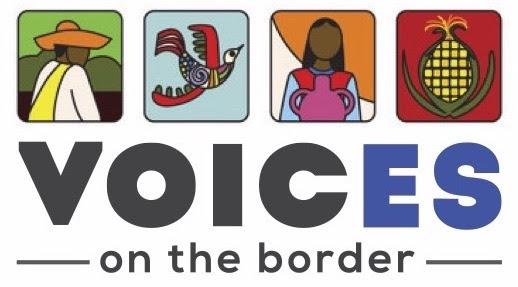We wrote once again to the attorney general and human rights ombudsman of El Salvador to express our concerns over human rights abuses occurring during the State of Exception, which was first declared in March and has since been prolonged multiple times. It has resulted in countless arrests and deaths in detention or on the streets. The laws and regulations authorized through this emergency state have invited serious human rights violations. Despite outcries from Salvadorans and international organizations and governments, it shows no signs of stopping.
This letter focuses on the death of detainee Henry Eleazar Joya. He was detained during a wave of mass arrests in April. His family was informed in September that Henry was dead and had been buried in a common grave, registered under a false name. A fellow inmate stated that Henry had been beaten in prison and was seriously injured.
Tens of thousands of suspected gang members have been arrested over the past seven months. Civil society organizations have documented more than 3,000 cases of abuse and torture, including the cases of at least 50 who died while detained. The University Observatory of Human Rights (OUDH) has documented at least 63 cases of cruel and degrading treatment, including cases of arbitrary arrests, deaths of detainees in custody, torture, and prison overcrowding.
We are urging the government of El Salvador to immediately suspend the State of Exception and restore constitutional protections to is citizens.

